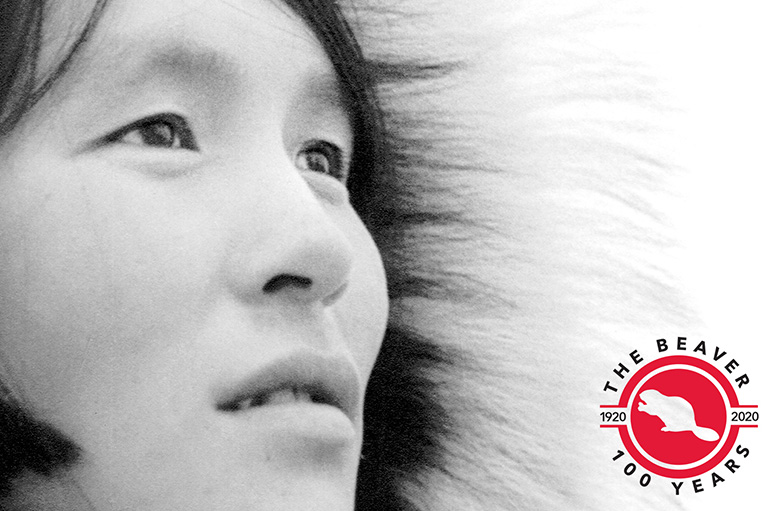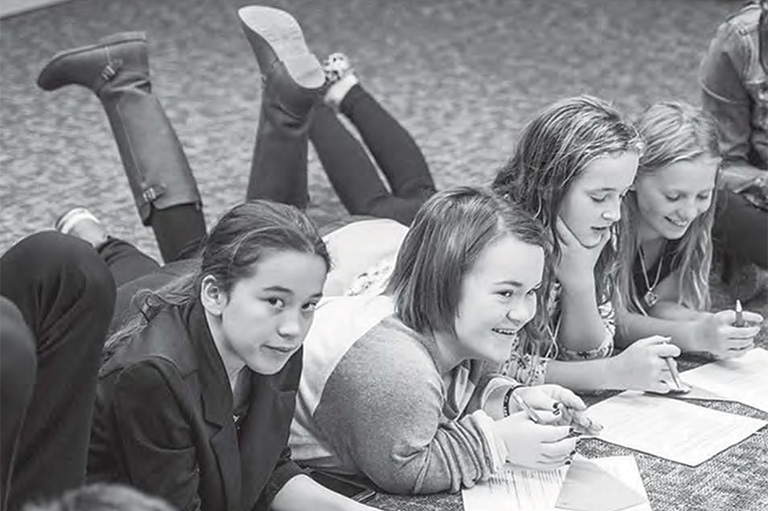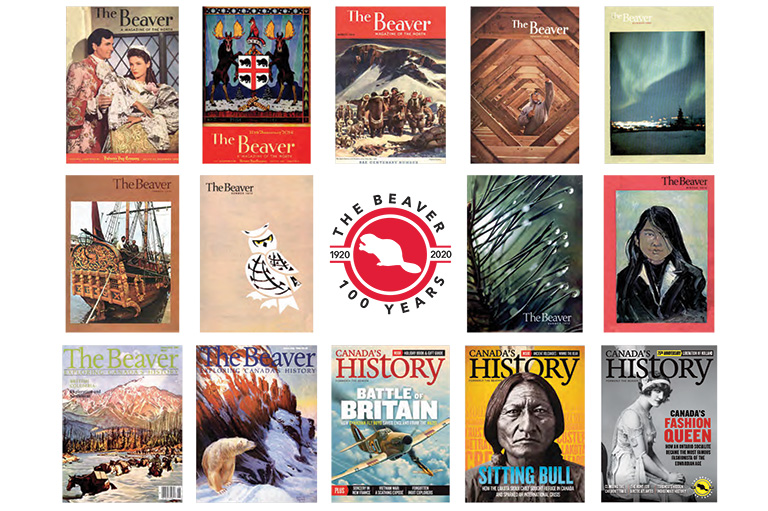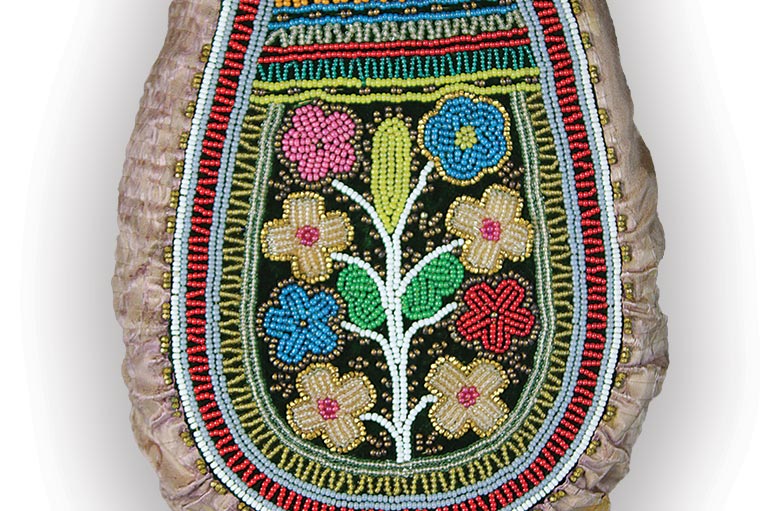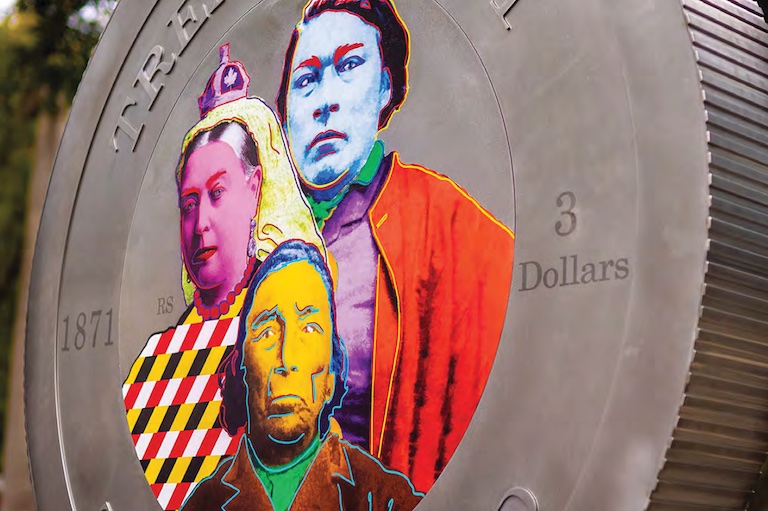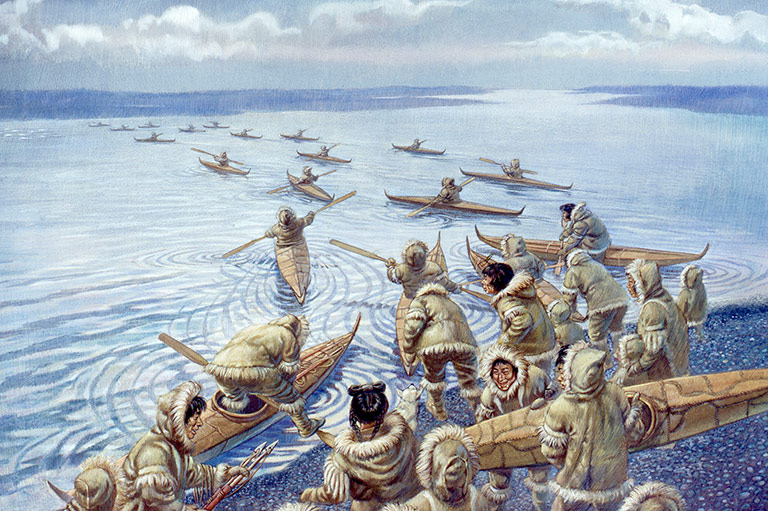Karine Duhamel Speaks about Life on the Land
For decades, The Beaver depicted Indigenous societies as primitive peoples in need of “civilization.” In actuality, the magazine’s images reveal vibrant cultures, resilient communities, and crucial new perspectives on the North.

Karine Duhamel, Ph.D., who is Anishinaabe-Métis, wrote “Life on the Land” in our special centennial issue (see also 100 Years: The Historical Legacy of The Beaver).
“As an Indigenous person, I am looking at the pictures in The Beaver differently. I am looking at the things that make Indigenous peoples and communities strong, which are family and kinship and connection to the land. For me, that’s what stands out in the images.”
In this interview, Duhamel discusses how The Beaver and its corresponding photo archive have been underexploited by historians, as well as the opportunities that the photographers missed as a result of their Eurocentric perspectives.
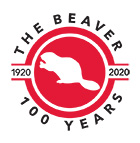
The Editor's Circle was founded in 2020 to celebrate the 100th anniversary of Canada’s History-The Beaver magazine. Gifts from patrons and supporters of $500 or more will be recognized annually.
Themes associated with this article
Advertisement

